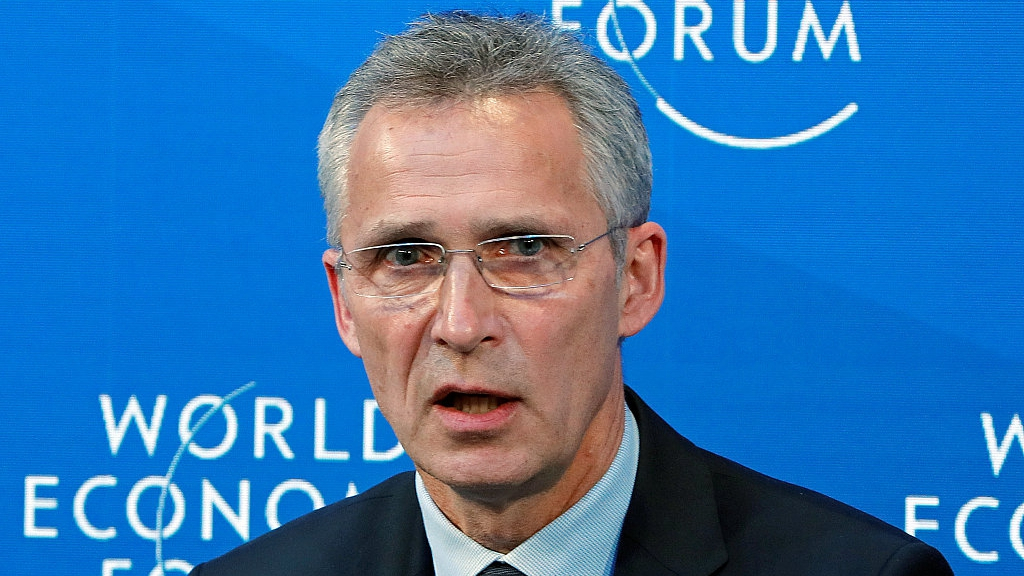
North America
22:07, 25-Jan-2019
NATO, Russia meeting fails to break deadlock over Russian missile
CGTN

NATO and Russia failed on Friday to resolve a dispute over a new Russian missile that Western allies say is a threat to Europe, bringing closer Washington's withdrawal from a landmark arms control treaty.
At a meeting of the NATO-Russia Council in Brussels Friday, envoys from NATO's 29 members renewed their call on Moscow's top diplomat to the alliance to destroy a nuclear-capable cruise missile system before a February 2 deadline.
"The treaty is in real jeopardy," NATO Secretary General Jens Stoltenberg said. "The sooner Russia comes back into compliance, the better. The treaty has no value if it is not respected, the problem is the Russian missiles in Europe," he told a news conference after the meeting.
While Stoltenberg described the meeting as professional, he said Russia had shown no willingness to compromise. But he and some European nations such as Germany held out hope for diplomatic progress during the six-month withdrawal process.
Without a breakthrough, the U.S. is set to start the six-month process of pulling out of the 1987 Intermediate-range Nuclear Forces Treaty (INF), having notified it would do so in early December and accusing Moscow of breaching it.
Russia denies violating the terms of the treaty.
However, Russia denied violating the terms of INF and reiterated its full compliance with an arms control agreement with the U.S. by demonstrating the structural layout of the missile that the U.S. accused of exceeding the range set in the INF accord, Russian Deputy Foreign Minister Sergei Ryabkov said Wednesday in a news briefing.
Facing the current strained relations with the U.S., Russian Foreign Ministry Friday said the U.S. has returned to its "Star Wars" program rather than engaging in constructive dialogue. It urged U.S. to drop plans to deploy elements of the missile defense system in space, according to the state media TASS.
INF bans ground-launched missiles with a range of between 500 and 5,500 kilometers.
Source(s): Reuters

SITEMAP
Copyright © 2018 CGTN. Beijing ICP prepared NO.16065310-3
Copyright © 2018 CGTN. Beijing ICP prepared NO.16065310-3